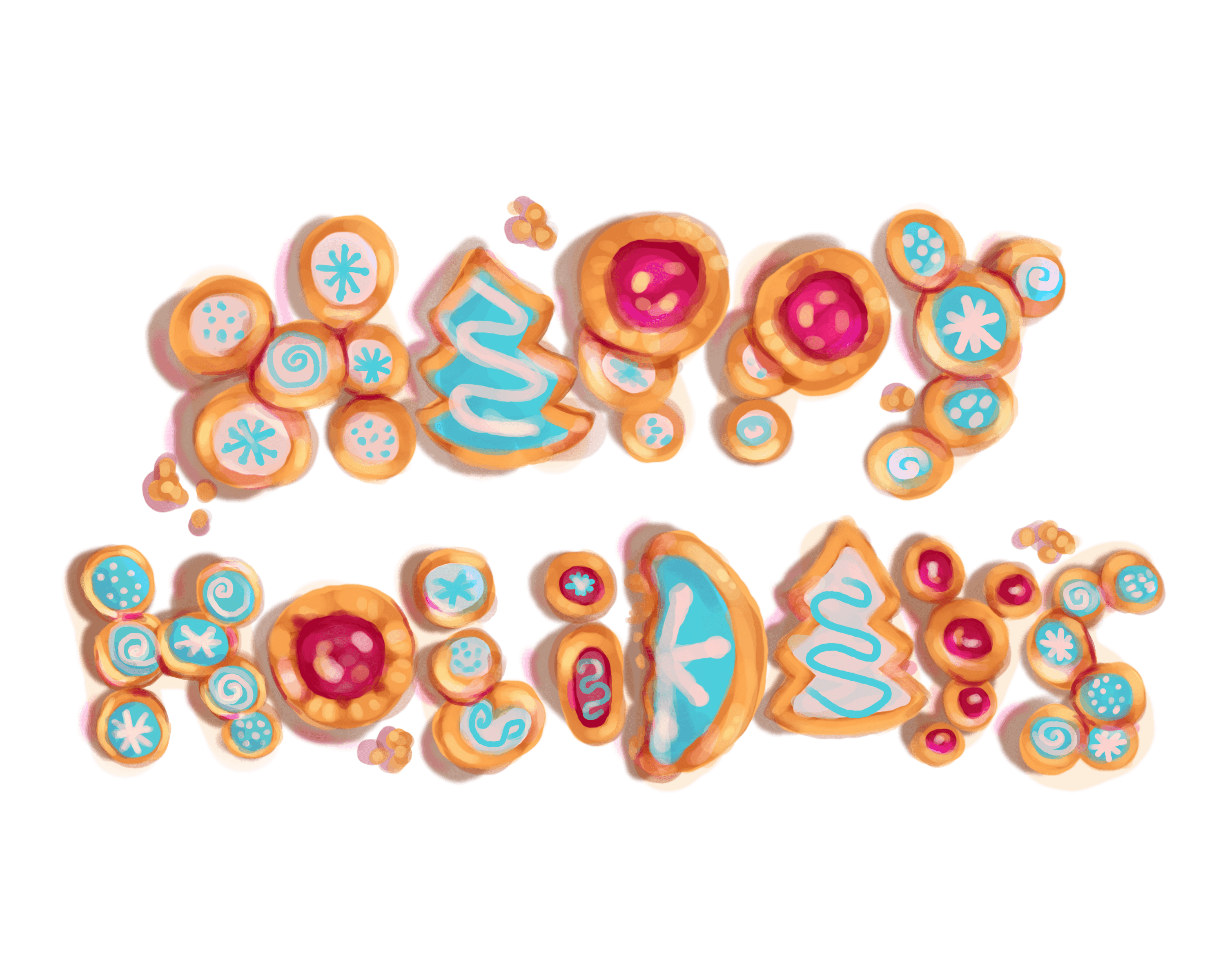When I got home from work on Monday, Aug. 11, I had experienced a particularly emotionally exhausting day. Then, when I signed into Facebook, I read the news about Robin Williams’ passing. It was soon after the news had broken, because barely any news sources mentioned his struggle with addiction and mental un-wellness, and my newsfeed was flooded with posts of, “I can’t believe it!” and, “Now my favourite movies are so sad!”
Grief and mourning are difficult things to maneuver, and I am certainly not one to tell people to be more up-to-date on the lives of celebrities – but these reactions didn’t sit well with me. It was a shining example of the lens through which mental health is viewed; no one acknowledges its severity until it is too late.
And now, two weeks later, many of us are moving on with our lives and forgetting how shocked we were that someone so beloved and successful took their own life. Many of us won’t even think about mental illness again until another suicide makes the headlines, not realizing that Canada averages 3,777 suicides a year. But those of us who deal with mental illness will still remain here, even when the headlines are gone.
When I was small, my grandfather, who was experiencing the early signs of Alzheimer’s, took his own life. To me he had only ever been a smiling, loving man full of quips and lively stories. Yet for some reason, when my mother told me what had happened, I was able to accept it. It made sense, and I never thought him selfish or cowardly for it.
Maybe it’s because my mother explained it in terms of, “He got very sick, and now he’s died,” as if death is death, whether by cancer or depression – or maybe it’s because I grew up to continually struggle with a state of mental un-wellness. My understanding is that death can be the ultimate result of mental illness, just as it is of physical illness.
I currently spend my days teaching music to a group of kids in a setting that encourages discussions of mood disorders, addiction, abuse, and the pursuit of recovery from mental wellness. While I spend so much time with these kids making music, joking around, and watching goofy videos on YouTube, I’ve had the opportunity to get to know their struggles and get my heart wrenched as I realize that these kids are dealing with the same things I am.
I can’t help but reflect on the times that I’ve reached out to people only to have them tell me that I have my shit together and not to worry, or to have them say that they’re there for me but be too busy to answer my call in a crucial moment, or to have them tell me that I just need some vitamins and exercise, or that “everyone gets sad sometimes.”
There are moments when I’m shaking and hyperventilating and people say, “But you’re so outspoken! I wish I had your confidence!” And I can’t help but notice that maybe I have something in common with Williams in that I have managed to be functional and successful enough in my life that it’s hard to convince people of my struggling.
If you’ve never experienced relapse while dealing with mental illness and addiction, let me tell you that it’s a terrifying thought that people will keep on swimming by, totally unaware that you are drowning.
When I’m talking about mental health to youth, I never use the words, “It gets better.” The phrase makes a mockery of mental illness. It implies that once you grow up and get a good job and find a partner who loves you, everything will be okay! It doesn’t provide any of the support needed to actually help people make it through school, get any job—never mind a good one—and build healthy relationships with others.
It also doesn’t prepare you for the disturbing realization that the chemical imbalance in your brain doesn’t disappear when something good happens in your life.
Mental illness isn’t selective; you can struggle with it even if you have a wonderful support system, even if you’re a successful actor, even when you appear to be strong and happy on the outside – and yes, even once you’ve addressed an issue with addiction.
Recovery isn’t a point on a map with a straight road leading to it; it’s an ill-planned road trip with too many stops and not enough days to visit them all. But each stop does have important lessons and memories to collect, and if we embark upon this journey, we will learn to cope, deal, and realize our warning signs along the way. Each trip is different for every person, as are the landmarks and lessons.
What could proper supports for those hoping to achieve mental wellness look like?
•An end to stigmatization, including and not limited to doctors, peers, and family giving mental illness the same weight and respect as physical illness.
•The incorporation of mental health into the public school curriculum. When facilitating group therapy for youth, I discovered that, not only is it a good way to let kids get stuff off their chest, it’s a great exercise in active listening, and learning to support and care for our peers.
•Mental health awareness in the workplace. We should never feel afraid of losing our jobs because of depression and should never feel ashamed of taking a mental health day.
•An intersectional approach to health care that includes access to stable housing, nutritional food, and peer support.
•The acknowledgment that addiction does not cause mental illness but is more commonly the response to it. When someone is struggling with addiction and mental illness simultaneously, it is called a co-occurring disorder, and treatment needs to address both issues in tandem – something at which currently available resources often fail.
•Patience.






excellent article…thank you…After the death of Robin Williams I had a ton of anger, not at him, but at everyone all of a sudden talking about it, but I know in a week it will be out of their minds..well, many around them will still be struggling and the same outspoken ones, for whatever reason, do not want to heat or talk about mental illness when it is close to them..I am working on changing this..you are also..thank you